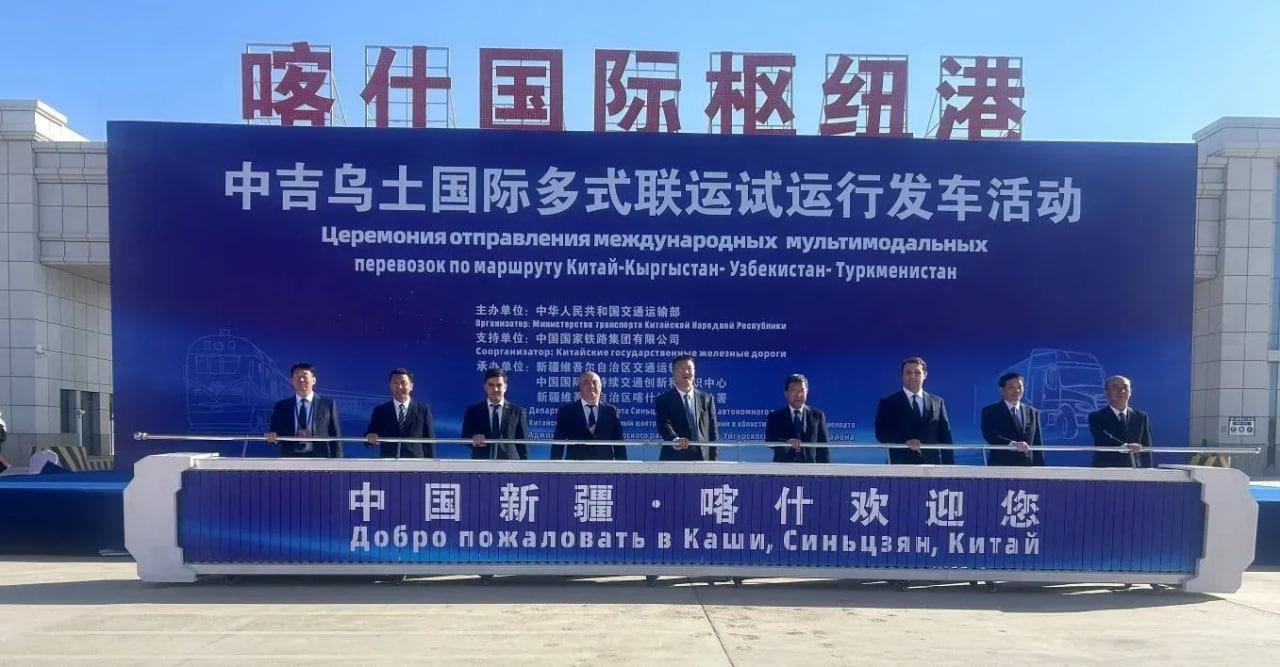ABKHAZIA’S COUNCIL OF ELDERS CONVENES TO ADDRESS CURRENT CRISIS
ABKHAZIA’S COUNCIL OF ELDERS CONVENES TO ADDRESS CURRENT CRISIS
Abkhazia’s political polarization deepened suddenly on November 17, amid continuing attempts by presidential election loser Raul Khajimba and his Moscow backers to prevent the election’s winner, Sergei Bagapsh, from taking office. Nodar Khashba, an Abkhaz-born Russian officer recently installed by Moscow as prime minister in Sukhumi, de facto substituting for the ailing president Vladislav Ardzinba, plays a key role in the effort to circumvent the election’s outcome.
Almost the entire hierarchy of the Internal Affairs Ministry’s troops co-signed and publicized a statement on November 17, withdrawing their allegiance from the pro-Khajimba authorities. Accusing those authorities of acting unlawfully, the officers declared, “Prime Minister Khashba and other government members are primarily responsible for the disorders and chaos. It is no longer possible for us to obey such a government.” In an apparent outbreak of inter-service rivalry, the signatories demanded that a presidential security unit be disarmed as a precautionary measure, after that unit had briefly seized the Sukhumi police headquarters and freed two of its presumed agents. The police commanders and deputy commanders of all district and town units, as well as the entire senior central staff of the force — altogether more than 60 senior officers, except the minister himself — signed this statement.
Vice-President Valery Arshba instantly endorsed and propagated this statement in the media on the same day. Within hours, however, Ardzinba, or those acting in his name, issued a decree stripping Arshba of vice-presidential powers. In a public statement, Ardzinba’s office accused Arshba of exceeding his powers by siding with Bagapsh, instead of carrying out the president’s instructions.
Also on November 17, Khajimba’s supporters convened a Council of Abkhaz Elders meeting in Sukhumi. This council is a dormant, rubber-stamp forum inherited from the Soviet era, and this meeting duly endorsed Ardzinba’s (or the ailing president’s handlers’) recent decree on calling for a rerun presidential election. Held in the presence of both Khajimba and Bagapsh, the Council gave them until November 20 to “unify their teams and lift Abkhazia out of the political crisis.”
Bagapsh rejected those proposals immediately. However, he continued holding talks with Khajimba and Khashba in the presidential building (significantly, Ardzinba is not being mentioned as a participant in the talks). Bagapsh stated that he would for the time being refrain from forming a cabinet of ministers.
Parliament chairman Nugzar Ashuba supports Bagapsh. In a November 17 statement, Ashuba disagreed with Ardzinba’s and the Council’s calls for a rerun election. Ashuba insisted that the October 3 election was a democratic one, and that “our esteemed elders are being forced to implement the authorities’ order” (Apsnypress, November 17).
Meeting with Russian journalists on the same day, Ashuba cautioned that deployment of additional Russian troops in Abkhazia [other than peacekeepers] might result in clashes with Abkhaz troops and the populace, and “turn into one of the biggest tragedies of our people.” While Russian military bases would be welcome for purposes of defense, Russian troops “can not settle the internal political situation in Abkhazia. Order in the republic is our internal affair. It is up to the Abkhaz people to decide who their president should be” (Apsnypress, November 17).
Two days earlier, the Amtsakhara union of [1992-94] war veterans had announced that its members were ready to patrol the streets of Sukhumi to maintain order, as Khashba can no longer control the situation. Responding to [unconfirmed] information that special troops from Russia’s North Caucasus Military District were arriving in Sukhumi to take action against Bagapsh’s supporters, Amtsakhara’s statement promised to stand up to any threats and urged the public to defend the gains achieved through the election.
Last week’s statements by the Russian government, blaming the disorders on Bagapsh and warning that it may send troops to restore order in Abkhazia, have apparently not intimidated Bagapsh’s supporters. On the strength of that support, the election winner seems determined to hold his ground and be inaugurated as president on schedule, December 6. Whether this will necessitate a power-sharing deal with Khajimba — that is, with his Russian backers — is the main question.
(Apsnypress, Imedi TV, Interfax, Itar-Tass, RIA, NTV Mir, November 17).


